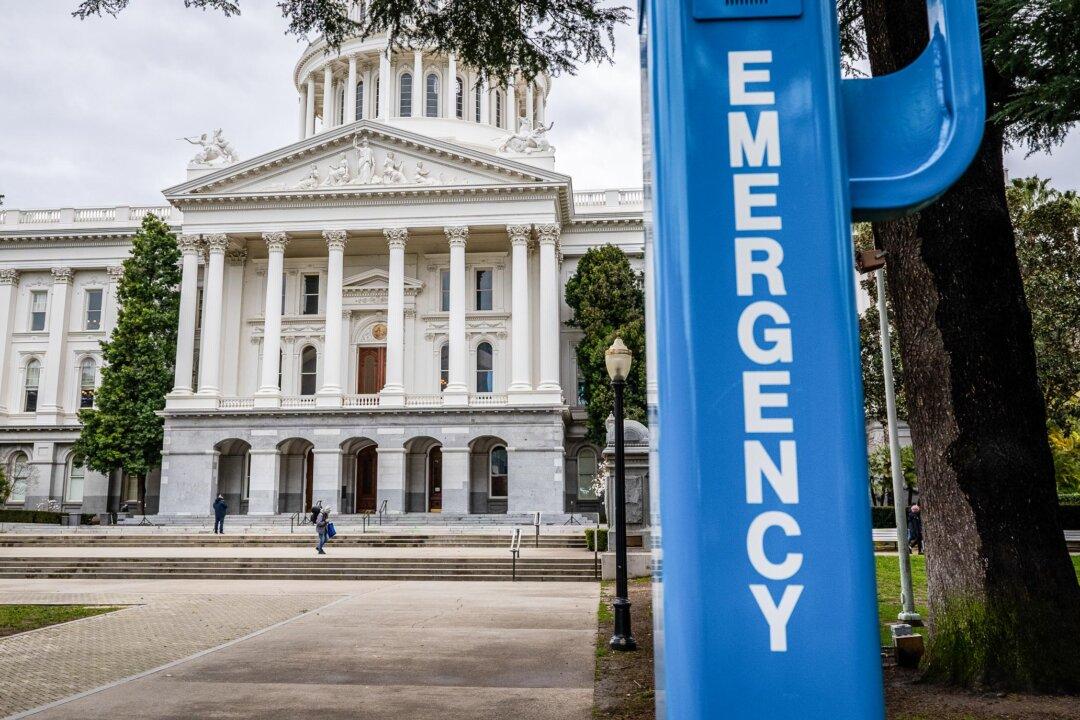Approximately 300 bills failed to pass California’s Assembly and Senate Appropriations Committees on May 18, with lawmakers potentially eyeing the state’s $31.5 billion deficit in failing to advance the legislation, following Gov. Gavin Newsom’s May budget revision announced a week before.
The bills were part of what is known as a suspense hearing, with the Senate referring any proposals with a minimum $50,000 effect to the committee, while the Assembly committee considers those exceeding $150,000. Those that survive are reviewed by the other house’s appropriations committee before being sent to the floor for final consideration.





